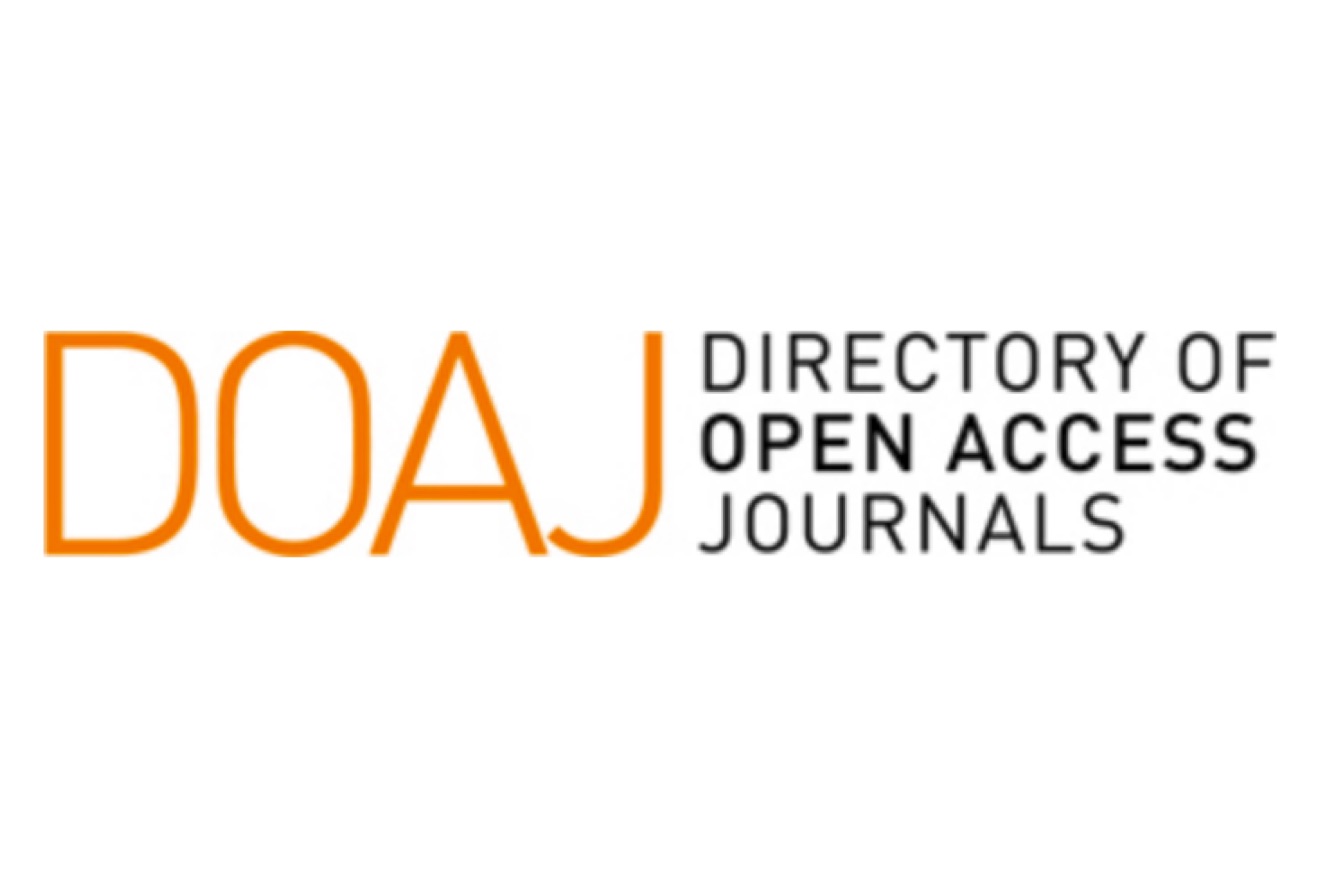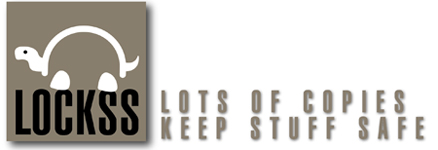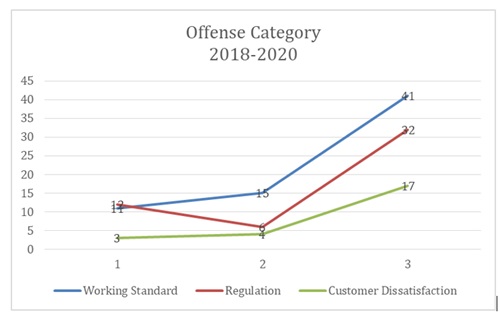ANALISIS SIKAP KONSUMEN DI MASA PANDEMI COVID-19 DAN PENGARUHNYA TERHADAP KEPUTUSAN PEMBELIAN DI COFFEE SHOP JABODETABEK
Downloads
abstract
The Covid-19 pandemic has a negative impact on various types of foods and beverages business including a coffee shop. The objective of this research is to analyze consumer attitudes during the Covid-19 pandemic and the influence of consumer attitudes during the Covid-19 pandemic on purchasing decisions at coffee shop. The sample of this research is 100 respondents in Jabodetabek (Jakarta, Bogor, Depok Tangerang, and Bekasi). Sampling methods using purposive sampling technique. Sampling data is collected by distributing questionnaires to consumers who had visited a coffee shop in Jabodetabek. The analysis data using Structural Equation Modeling method with Partial Least Squares. The results of the analysis show that consumers aware with the Covid-19 pandemic and its health protocols. Consumers also apply the government's Covid-19 health protocol. Consumer attitudes during this pandemic have a negative effect on purchasing decisions at coffee shop.
abstrak
Pandemi Covid-19 cenderung berdampak negatif pada berbagai jenis usaha di sektor makanan dan minuman, termasuk coffee shop. Tujuan penelitian ini adalah untuk menganalisis sikap konsumen pada masa pandemi Covid-19 dan pengaruh sikap konsumen pada masa pandemi Covid-19. terhadap keputusan pembelian di coffee shop. Sampel dari penelitian ini adalah konsumen di Jabodetabek sebanyak 100 responden. Pengambilan sampel menggunakan teknik purposive sampling. Pengambilan data dilakukan dengan menyebarkan kuesioner ke konsumen yang pernah melakukan kunjungan coffee shop di Jabodetabek. Analisis data dilakukan menggunakan Structural Equation Modeling (SEM) dengan pendekatan Partial Least Squares. Hasil analisis menunjukkan konsumen mengetahui pandemi Covid-19 dan protokol kesehatan. Konsumen juga menerapkan protokol kesehatan Covid-19 dari pemerintah. Sikap konsumen pada masa pandemi ini berpengaruh negatif terhadap keputusan pembelian di coffee shop.
Downloads
S. Verma dan A. Gustafsson, "Investigating the emerging COVID-19 research trends in the field of business and management: A bibliometric analysis approach,” Journal of Business Research, vol. 118, hlm. 253–261, Sep 2020, doi: 10.1016/j.jbusres.2020.06.057.
N. Donthu dan A. Gustafsson, "Effects of COVID-19 on business and research,” Journal of Business Research, vol. 117, hlm. 284–289, Sep 2020, doi: 10.1016/j.jbusres.2020.06.008.
KBBI, "Kedai kopi,” Kamus Besar Bahasa Indonesia Versi Daring. Diakses: Des 01, 2020. [Daring]. Tersedia pada: https://kbbi.web.id/kedai.
Badan Pusat Statistik, Analisis Hasil Survey Dampak Covid-19 Terhadap Pelaku Usaha. Jakarta, 2020.
V. Yolanda, "Strategi kedai kopi untuk bertahan di kala serangan pandemik Covid-19.” 2020, Diakses: Apr 01, 2021. [Daring]. Tersedia pada: https://wia.id/journal/strategi-kedai-kopi-untuk-bertahan-dikala-serangan-pandemik-covid-19/.
I. A. H. Nurcahya, "Kemenperin Pacu Pertumbuhan Industri Kopi Dalam Negeri.” 2020, Diakses: Apr 01, 2021. [Daring]. Tersedia pada: https://ekonomi.bisnis.com/read/20200424/257/1232106/kemenperin-pacu-pertumbuhan-industri-kopi-dalam-negeri?utm_source=Desktop&utm_medium=Artikel&utm_campaign=BacaJuga_1.
A. M. Arief, "Tertekan Pandemi Covid-19, Utilitas Industri Kopi Olahan Anjlok.” 2020, Diakses: Apr 01, 2021. [Daring]. Tersedia pada: https://ekonomi.bisnis.com/read/20200603/257/1248086/tertekan-pandemi-covid-19-utilitas-industri-kopi-olahan-anjlok.
P. Aria, "Industri Makanan dan Minuman Akan Kembali Normal pada 2022.” 2020, Diakses: Apr 01, 2021. [Daring]. Tersedia pada: https://katadata.co.id/yuliawati/indepth/5fc259bb47b62/industri-makanan-dan-minuman-akan-kembali-normal-pada-2022.
A. Rares dan R. J. Jorie, "The Effect of the Price, Promotion, Location, Brand Image, and Quality Products towards the Purchase Decision of Consumers at Bengkel Gaoel Store Manado Town Square,” EMBA, vol. 3, no. 2, hlm. 592–604, 2015.
S. U. Rahayuningsih, Psikologi Umum 2. Jakarta: Gunadarma, 2008.
S. Puspitasari, "Pengaruh Alat Pembayaran Elektronik terhadap Gaya Hidup Generasi Milenial di Jabodetabek,” Skripsi, Institut Pertanian Bogor, 2019.
E. Ferrinadewi, Merek & Psikologi Konsumen: Implikasi pada Strategi Pemasaran. Yogyakarta: Graha Ilmu, 2008.
V. W. Sujarweni, Metodologi Penelitian Bisnis Dan Ekonomi. Yogyakarta: Pustaka Baru, 2015.
V. W. Sujarweni, SPSS untuk Penelitian. Yogyakarta: Pustaka Baru, 2015.
Sugiyono, Metode Penelitian Kuantitatif, Kualitatif, dan R&D – MPKK, 2 ed. Bandung: Alfabeta, 2019.
I. Ghozali dan H. Latan, Partial Least Squares Konsep, Teknik dan Aplikasi menggunakan Program SmartPLS 3.0 untuk Penelitian Empiris, 2 ed. Semarang: BP Universitas Diponegoro, 2015.
G. E. Belch dan M. A. Belch, Advertising and Promotion an Integrated Marketing Communications Perspective. New York: McGraw-Hill, 2012.
P. Kotler dan K. L. Keller, Marketing Management, 14 ed. London: Pearson, 2012.
I. A. P. N. P. Santi, "Hubungan Karakteristik Sosial Demografi Konsumen dengan Respon terhadap Stimuli Komunikasi Pemasaran (Produk Bancassurance Aia-bca),” E-Jurnal Ekonomi dan Bisnis Universitas Udayana, vol. 01, hlm. 124–143, 2012.
U. Sumarwan, Perilaku konsumen: Teori dan penerapannya dalam pemasaran. Bogor: Ghalia Indonesia, 2011.
J. P. Peter dan J. C. Olson, Perilaku Konsumen dan Strategi Pemasaran, 9 ed. Jakarta: Salemba Empat, 2013.
H. He dan L. Harris, "The impact of Covid-19 pandemic on corporate social responsibility and marketing philosophy,” Journal of Business Research, vol. 116, hlm. 176–182, Agu 2020, doi: 10.1016/j.jbusres.2020.05.030.
N. Habibah, S. Rahmawati, dan A. Sayekti, "Pengaruh Persepsi Gaya Belajar terhadap Prestasi Mahasiswa Generasi Z di Perguruan Tinggi,” PIP, vol. 33, no. 2, Okt 2019, doi: 10.21009/PIP.332.2.
M. Sholihin dan D. Ratmono, Analisis SEM-PLS dengan WarpPLS 3.0 : Untuk Hubungan Nonlinier dalam Penelitian Sosial dan Bisnis. Yogyakarta: Andi Offset, 2013.
J. F. Hair, G. T. M. Hult, C. Ringle, dan M. Sarstedt, A Primer on Partial Least Squares Structural Equation Modeling (PLS-SEM). New York: SAGE Publications, 2016.
J. Sheth, "Impact of Covid-19 on consumer behavior: Will the old habits return or die?,” Journal of Business Research, vol. 117, hlm. 280–283, Sep 2020, doi: 10.1016/j.jbusres.2020.05.059.
Y. Wang, A. Hong, X. Li, dan J. Gao, "Marketing innovations during a global crisis: A study of China firms' response to COVID-19,” Journal of Business Research, vol. 116, hlm. 214–220, Agu 2020, doi: 10.1016/j.jbusres.2020.05.029.
J. M. Crick dan D. Crick, "Coopetition and COVID-19: Collaborative business-to-business marketing strategies in a pandemic crisis,” Industrial Marketing Management, vol. 88, hlm. 206–213, Jul 2020, doi: 10.1016/j.indmarman.2020.05.016.
JMIL Jurnal Manajemen Industri dan Logistik (Journal of Industrial and Logistics Management) is an Open Access Journal. The authors who publish the manuscript in JMIL Jurnal Manajemen Industri dan Logistik agree to the following terms:

JMIL Jurnal Manajemen Industri dan Logistik is licensed under a Creative Commons Attribution 4.0 International License. This permits anyone to copy, redistribute, remix, transmit and adapt the work provided the original work and source is appropriately cited.
This means:
(1) Under the CC-BY license, authors retain ownership of the copyright for their article, but authors grant others permission to use the content of publications in JMIL Jurnal Manajemen Industri dan Logistik in whole or in part provided that the original work is properly cited. Users (redistributors) of JMIL Jurnal Manajemen Industri dan Logistik are required to cite the original source, including the author's names, JMIL Jurnal Manajemen Industri dan Logistik as the initial source of publication, year of publication, volume number, issue, and Digital Object Identifier (DOI); (2) Authors grant JMIL Jurnal Manajemen Industri dan Logistik the right of first publication. Although authors remain the copyright owner.




























